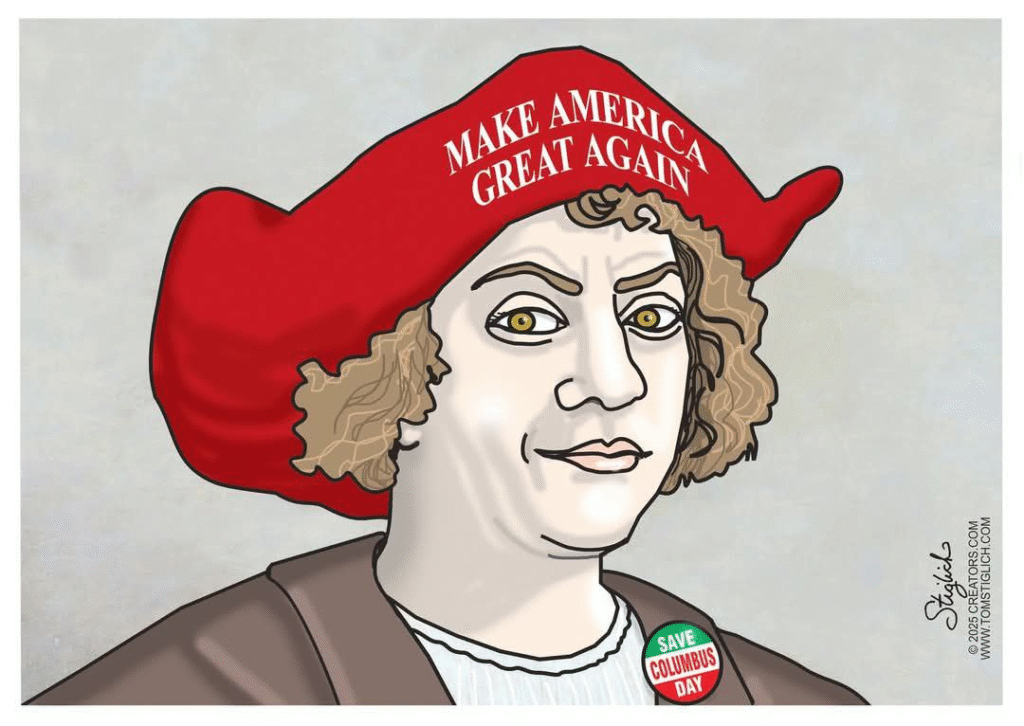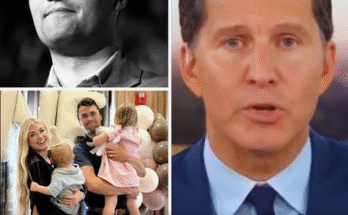Former President Donald Trump recently vowed to restore Columbus Day as a nationally recognized holiday, declaring he would bring it back “from the ashes” if reelected. His statement reignites a longstanding debate over historical legacy, cultural identity, and the politics of memory in America.

Columbus Day, traditionally celebrated on the second Monday of October, has faced growing opposition in recent years, with many states and cities replacing it with Indigenous Peoples’ Day—a move meant to acknowledge the suffering of Native Americans following European colonization. Critics argue that glorifying Christopher Columbus overlooks violence, enslavement, and disease brought to Indigenous populations. Supporters, however, view the holiday as a celebration of Italian-American heritage and Western exploration.
Trump’s pledge aligns with his broader “America First” rhetoric, framing the holiday’s decline as part of a progressive campaign to erase traditional American symbols. His stance could energize conservative voters who see the push against Columbus Day as an attack on history and national pride. Yet, it also risks deepening cultural divisions, particularly with Native communities and progressive activists who view the holiday as outdated and offensive.
The controversy reflects a larger battle over historical narratives—one that extends beyond Columbus to monuments, school curricula, and public commemorations. If Trump follows through, his administration could face legal and political hurdles, as holiday recognition largely falls to states and localities.
Ultimately, Trump’s promise is less about a single holiday and more about a symbolic war over national identity. Will his call to revive Columbus Day resonate as a defense of heritage, or will it further polarize a country already divided over history and memory?


